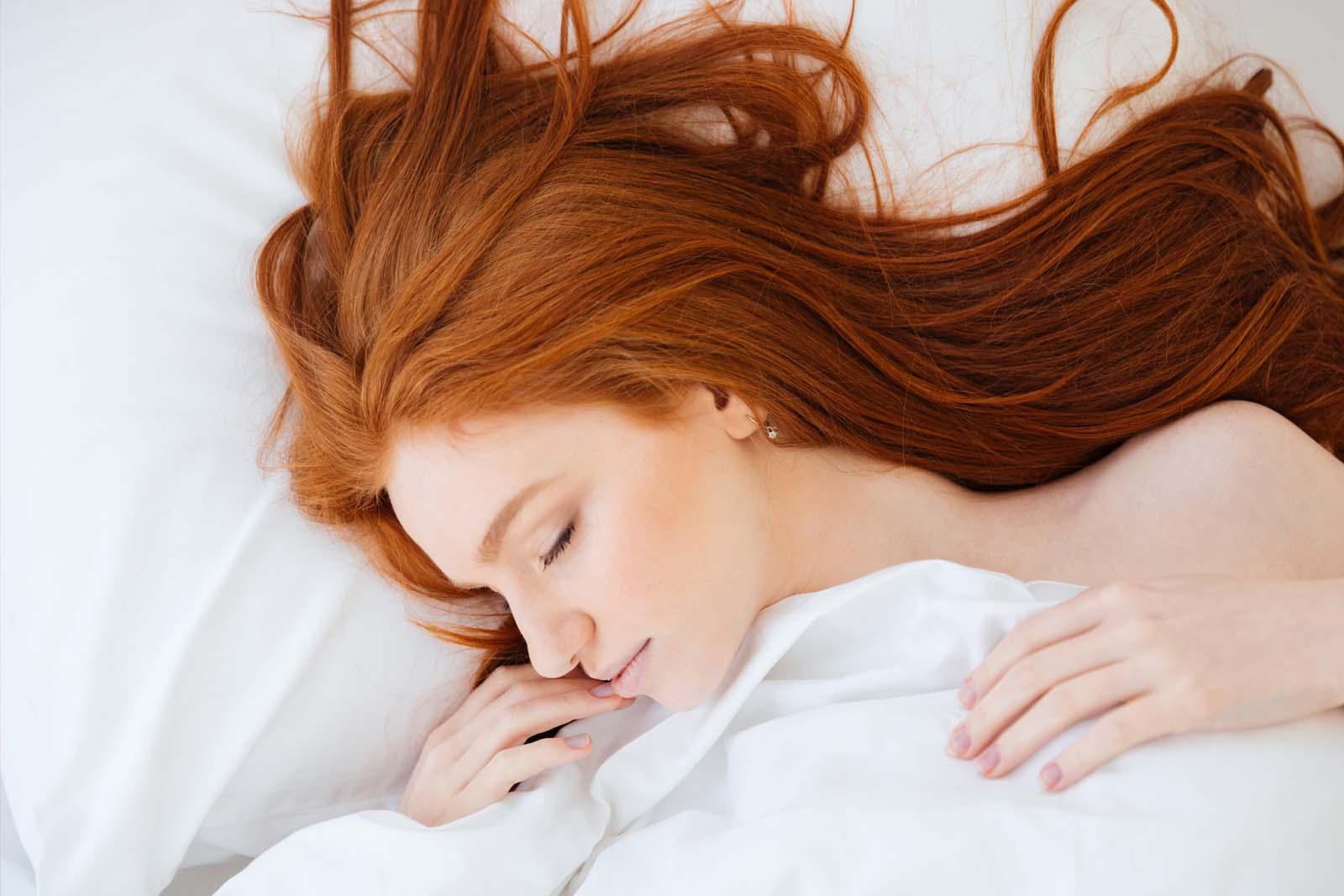
Derm School: What really happens to your hair while you’re sleeping?
Sleep. At the end of a long day it’s something that we look forward to. But while you’re off in the land of dreams, you could actually be sending your delicate strands into a state fit for a nightmare.
Seemingly harmless habits like snoozing with wet hair, using cotton pillowcases, and over-brushing, can cause tangles, breakage and even hair loss.
Dr Ophelia answers your top questions:
What happens to hair while sleeping?
“Whilst sleeping we produce the sleep hormone melatonin. Studies have shown that melatonin is a key hormone in hair growth. This is why cashmere goats are given melatonin to increase their hair yield.”
“This is partly why controlling daily stresses, and ensuring you get adequate sleep is so important for your hair”. Dr Ophelia adds that “studies have also shown that using melatonin topically can help promote hair growth, which is why it is an active ingredient in the Dr Ophelia Hair Growth Elixir”.
How does a silk pillowcase help to protect your hair?
“While you are asleep, your hair may be subjected to unintentional friction and pulling caused by tossing and turning.”
“There is some evidence to suggest that silk pillowcases can protect your hair. A lot of hair loss, especially in afro-carribean hair, is traction-related and so using a silk fabric which allows your hair to move and slide naturally will help to prevent unnecessary breakage. It’s important to remember that a silk pillowcase won’t remedy a problem that requires medical attention. If you’re worried about excess hair loss it is best to see a specialist to get to the root of the problem.”
How does a silk hair covering help to protect your hair?
“A silk hair covering would work in very much the same way as a silk pillowcase. The idea behind these products is to reduce any traction between the hair and the pillowcase.”
Are there any protective hairstyles you can do before sleeping?
“I would always suggest avoiding elastic bands at night. Tying your hair up with an elastic band will put undue stress and tension on your hair shaft and roots which can then cause unnecessary breakage.”
Should you brush your hair before sleeping?
“It’s a great idea to brush your hair before sleeping, yes. This will help to prevent tangles becoming worse overnight but this won’t necessarily have any impact on hair loss or hair growth.”
Are there any other steps you should take before sleeping in order to protect it?
“I’d suggest not sleeping with wet hair. Hair is at its weakest when it’s wet. The main risk (other than cosmetic ones) is breakage of hair when tossing and turning while sleeping. If you then braid your hair or tie it up, you will add more tension to the hair shaft. If you can’t avoid sleeping with wet hair I would suggest leaving it down.”
If you are suffering from a hair condition and need support from an award-winning and highly respected Consultant Dermatologist, book an appointment today at Dr Veraitch's London Clinic.
Shop the full Dr. Ophelia hair care range here.
Shop Bestsellers


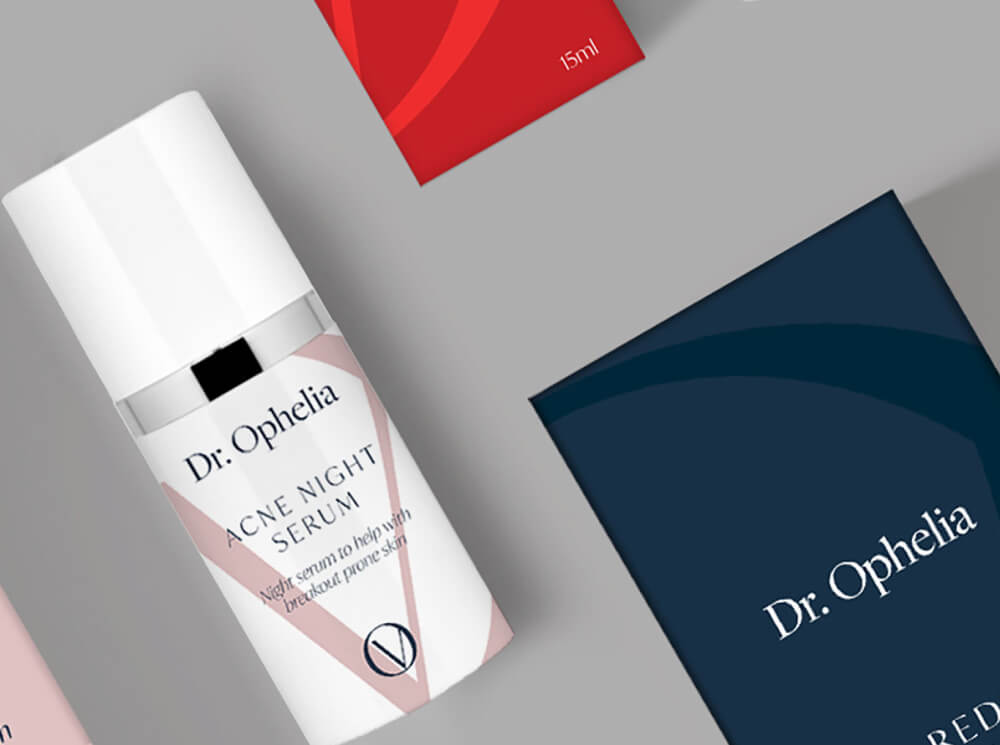

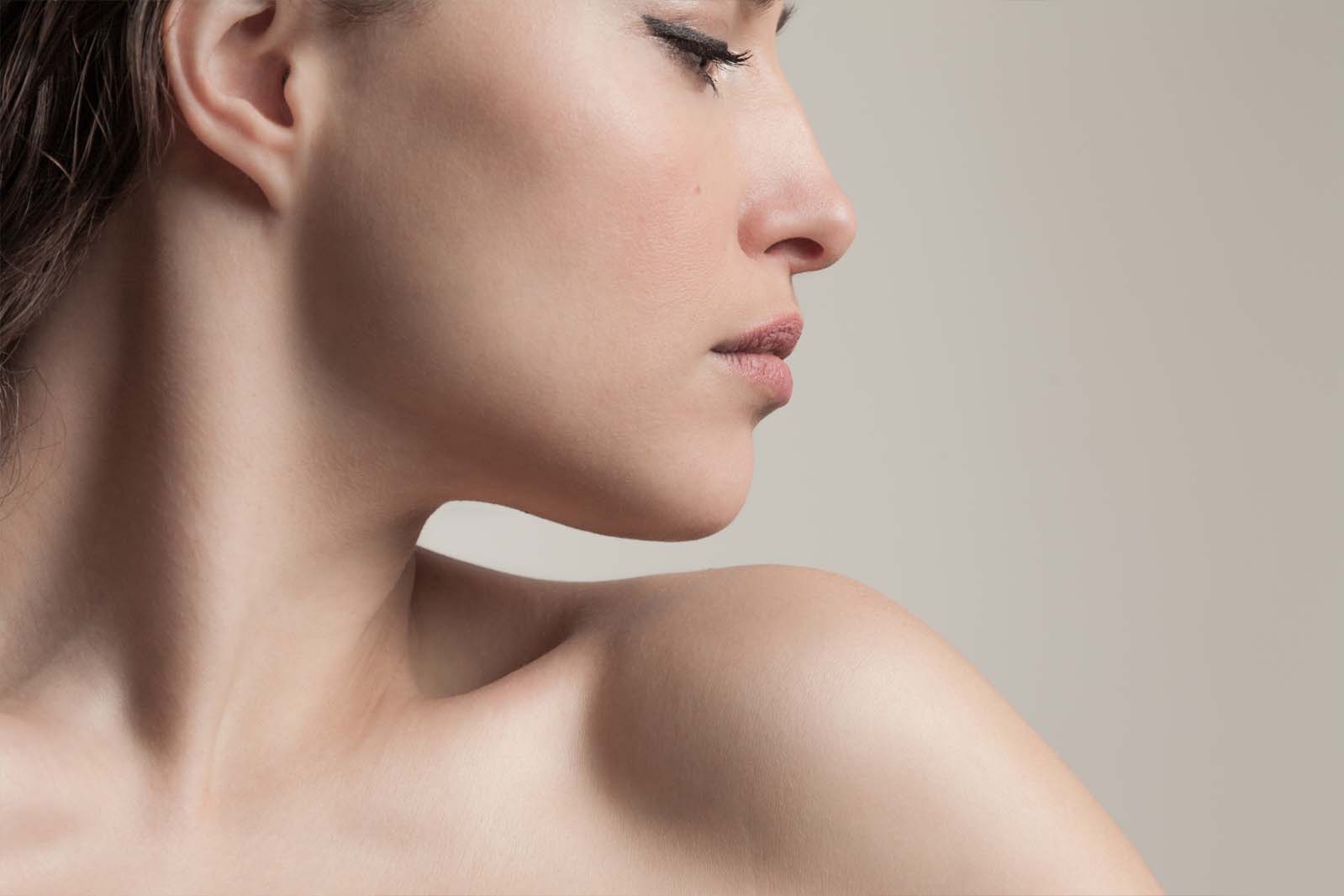
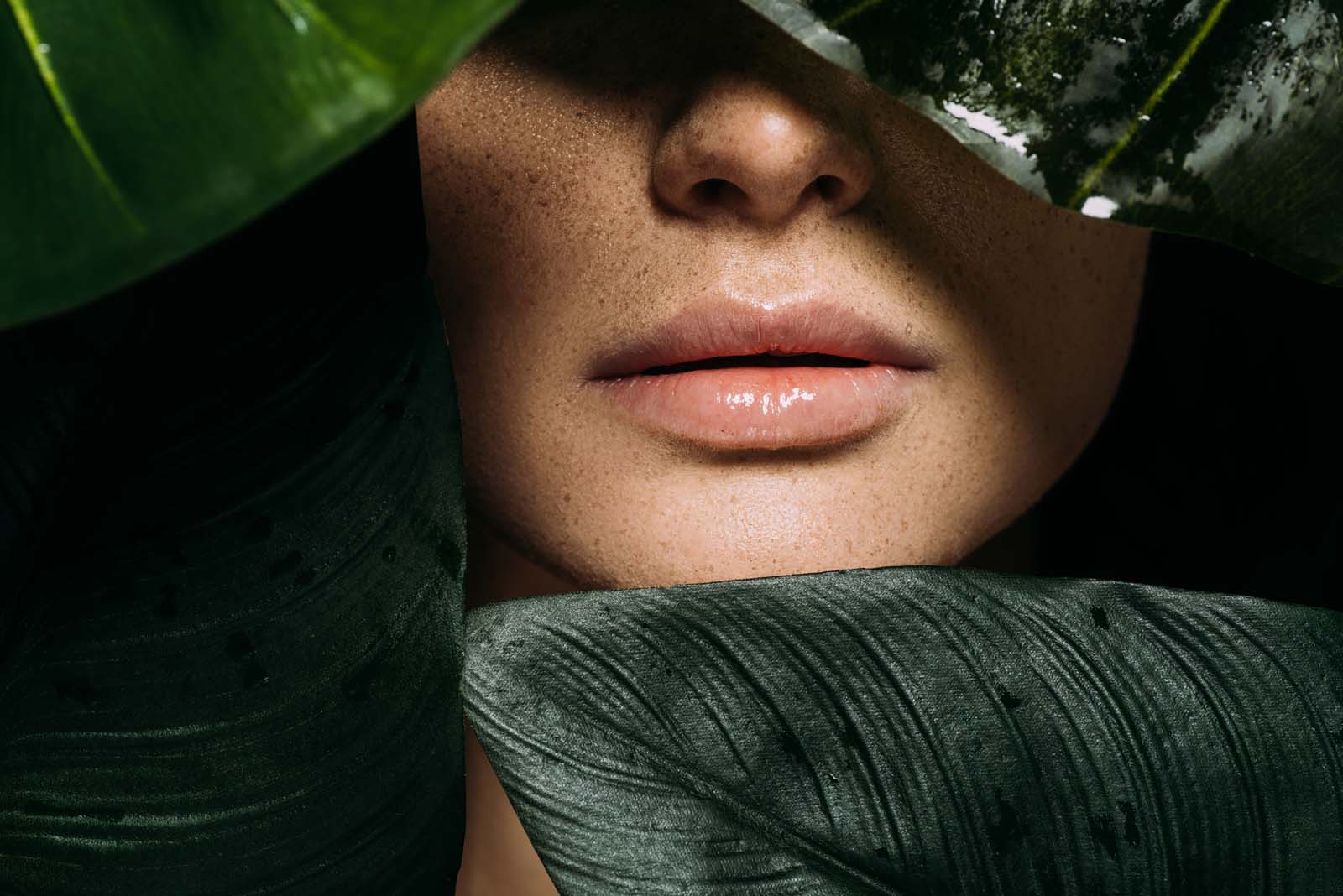
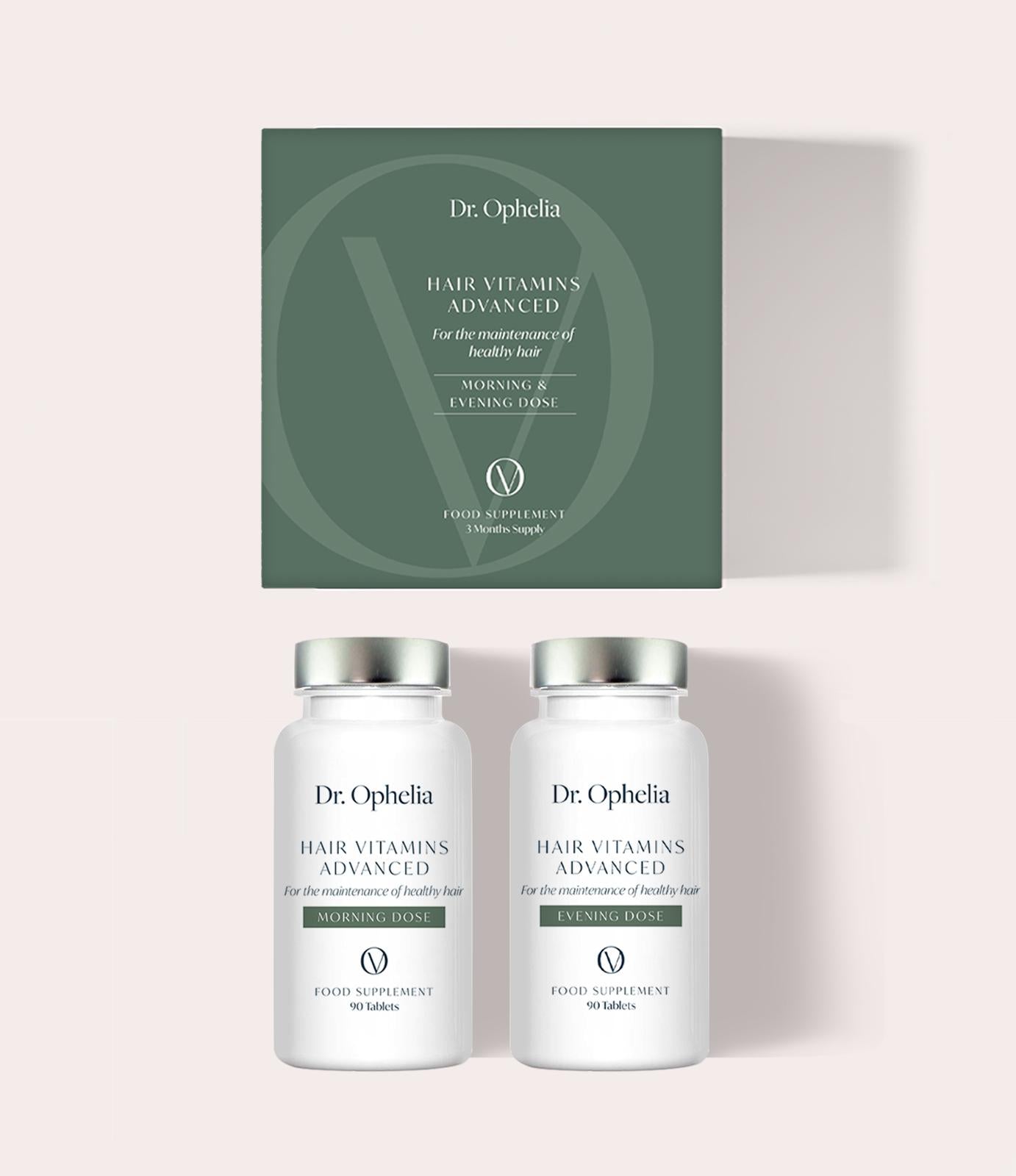
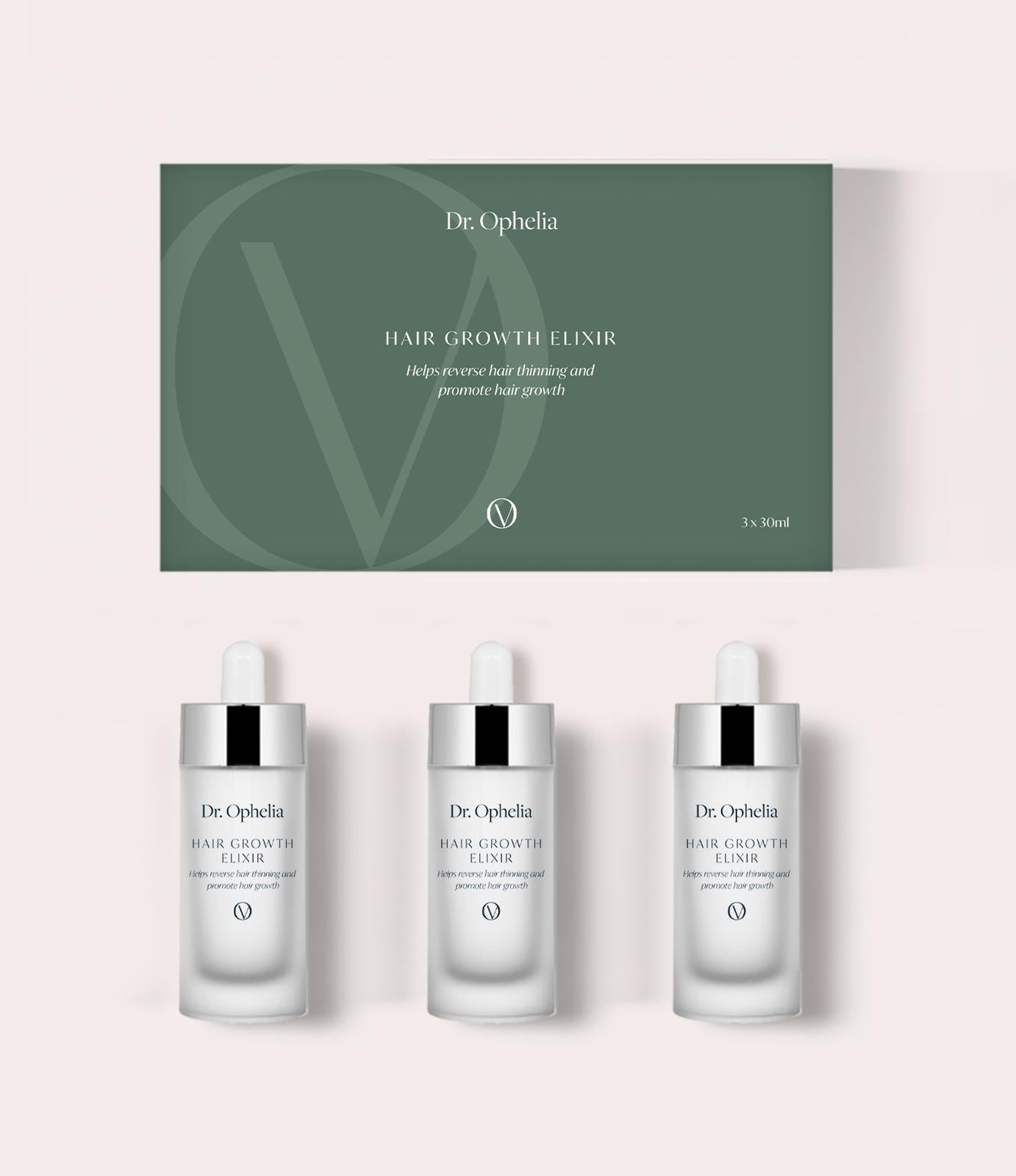
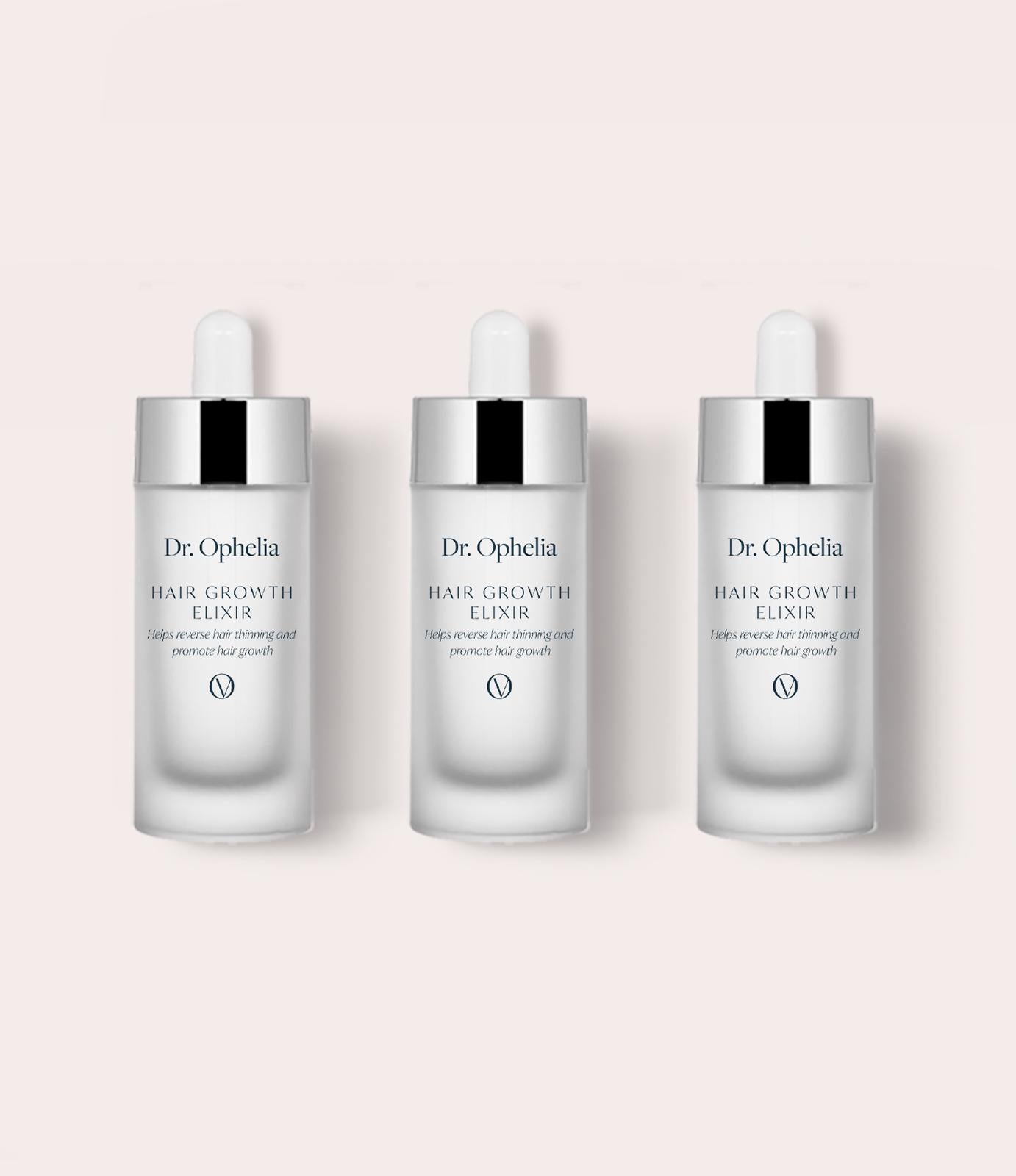
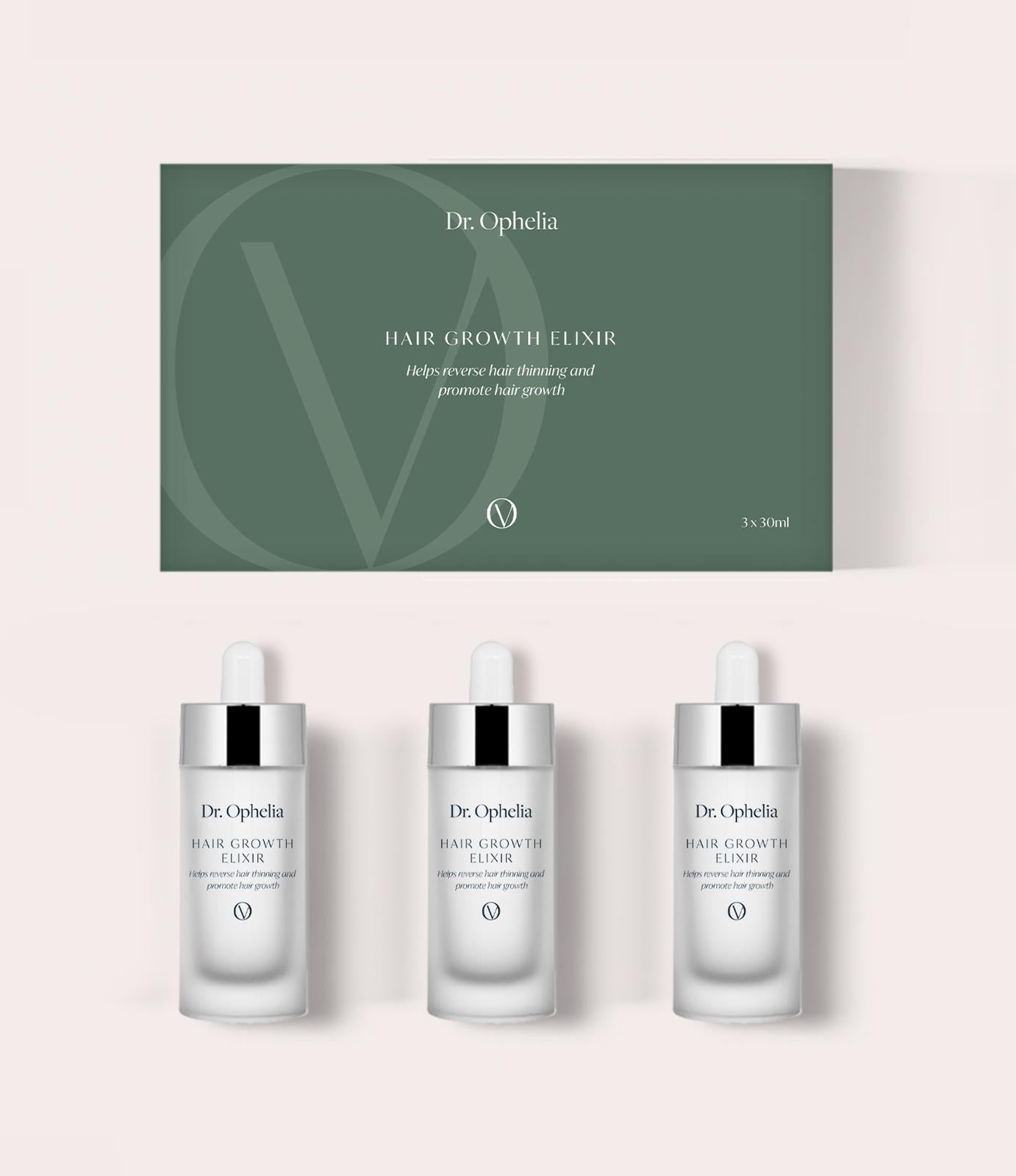
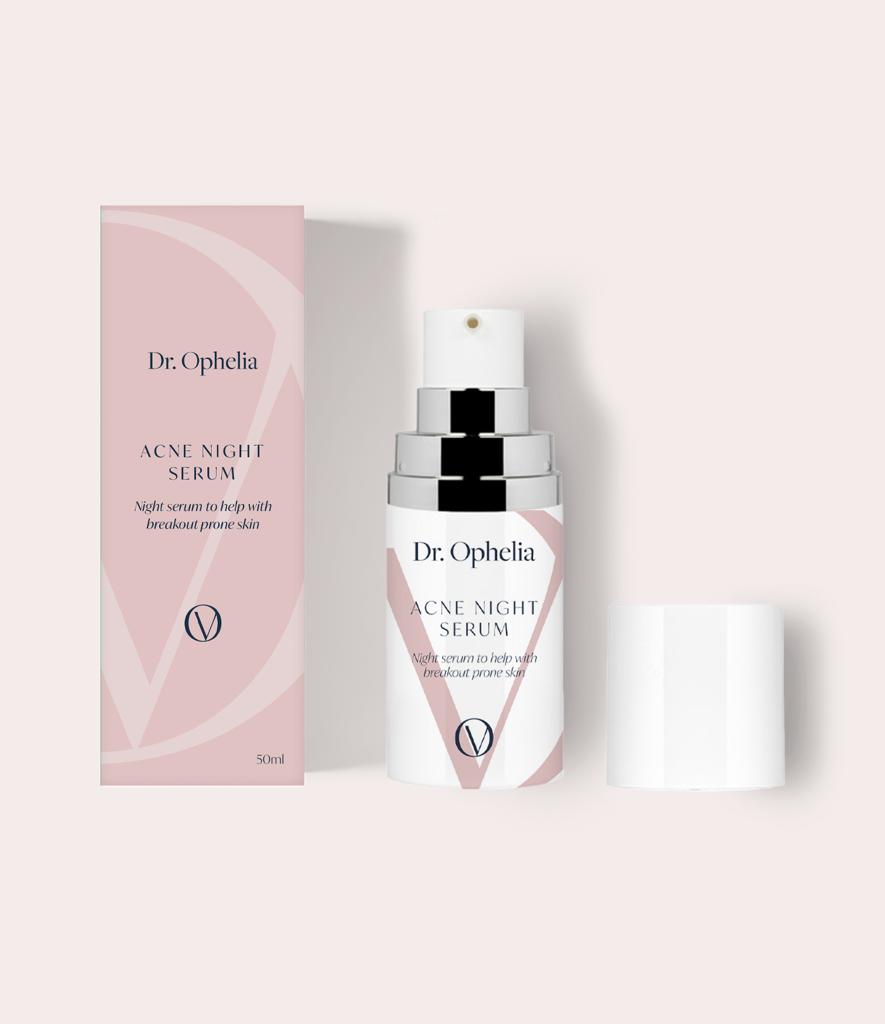
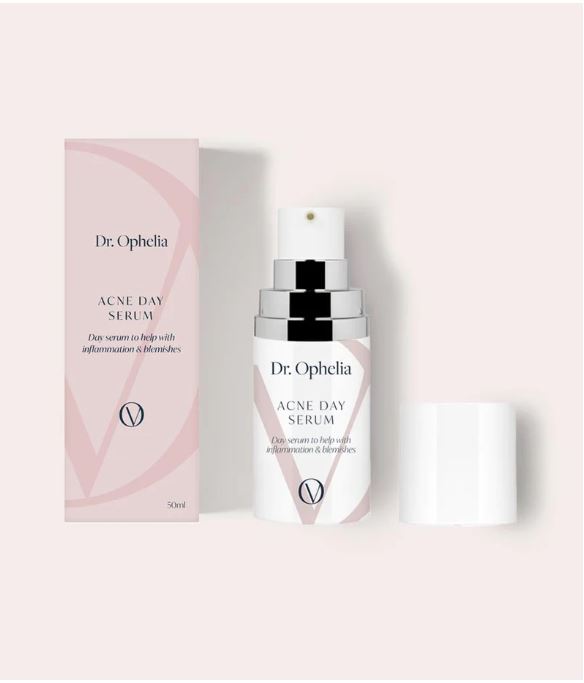
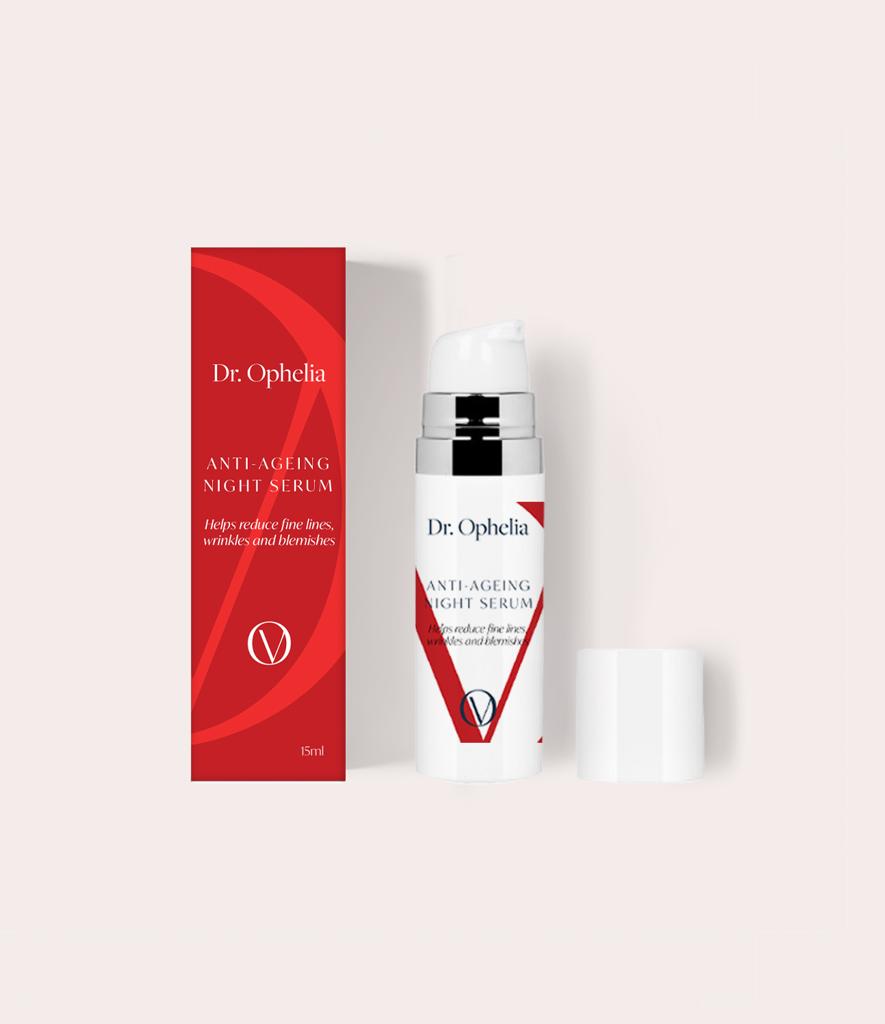
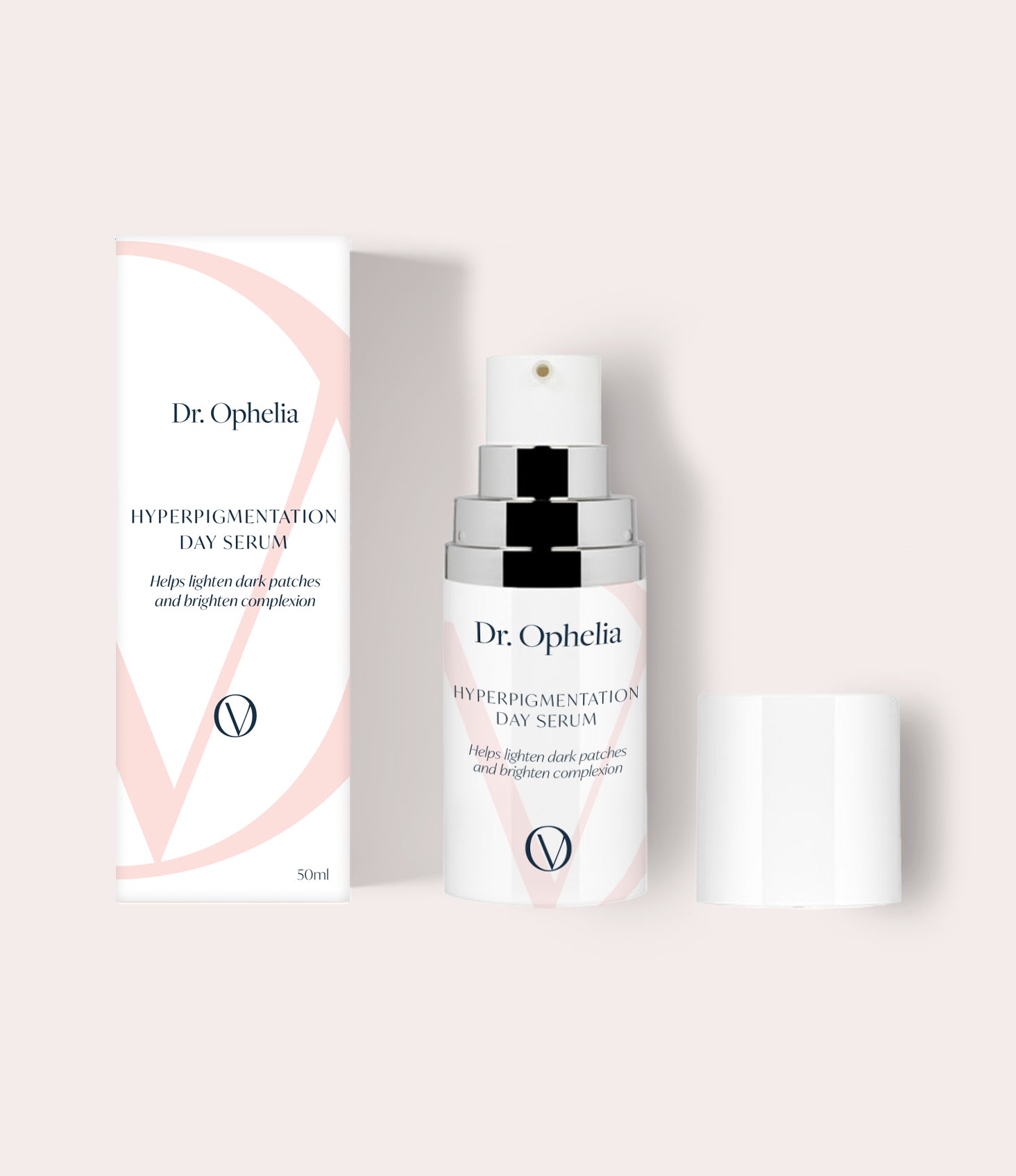
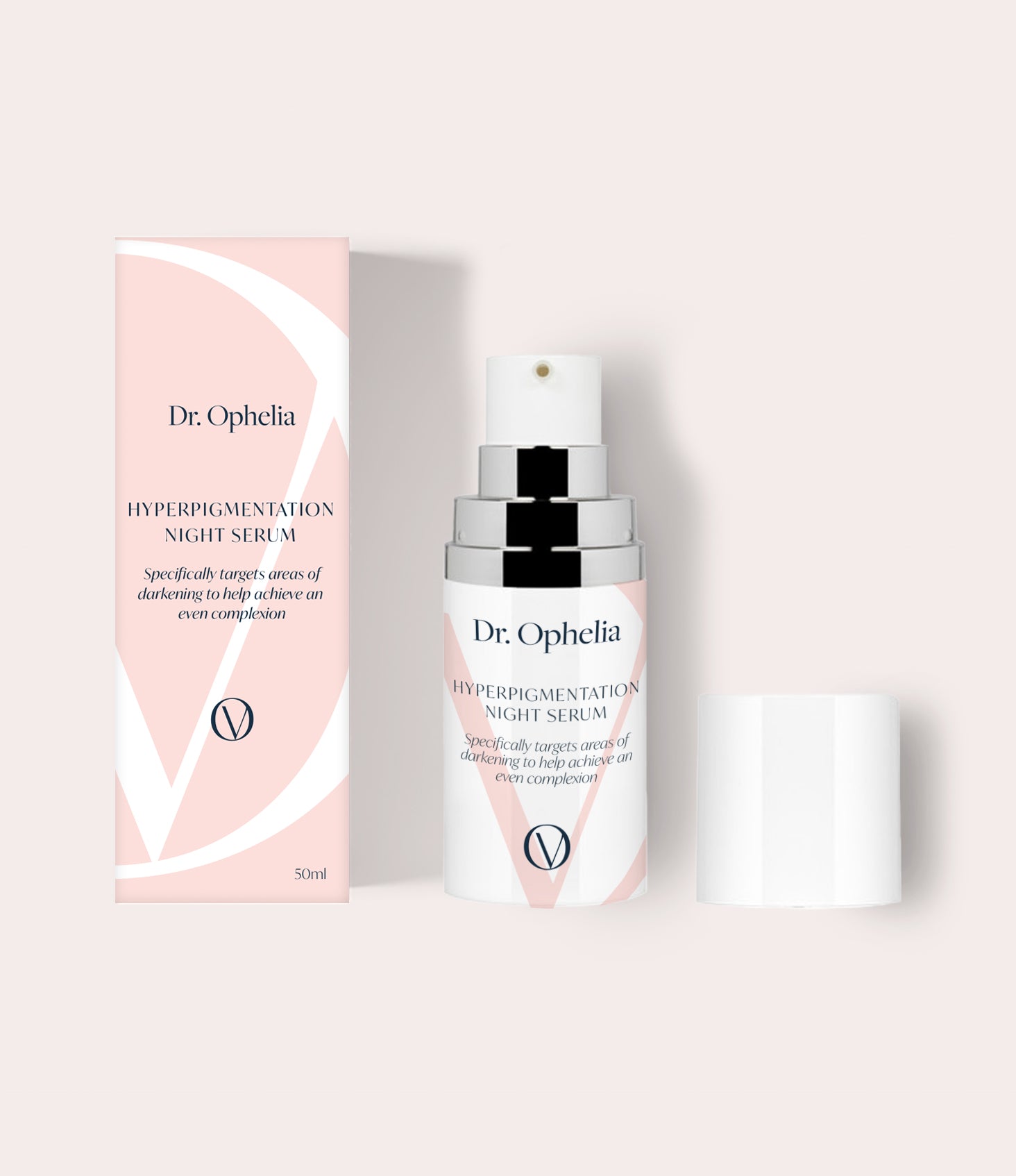
Leave a comment
This site is protected by hCaptcha and the hCaptcha Privacy Policy and Terms of Service apply.